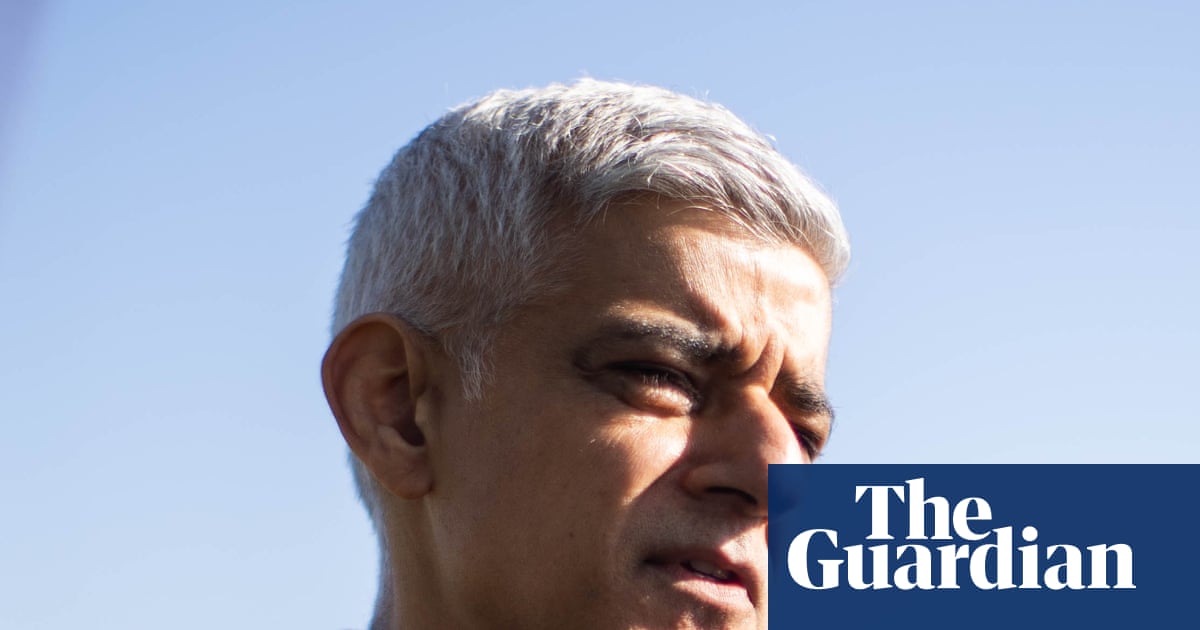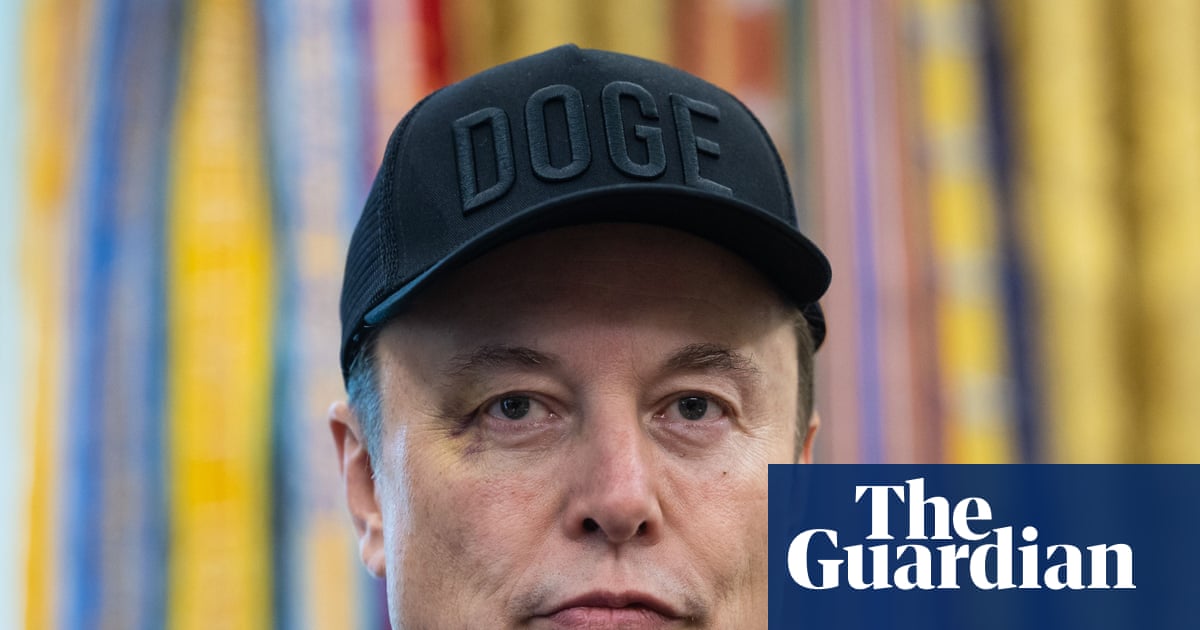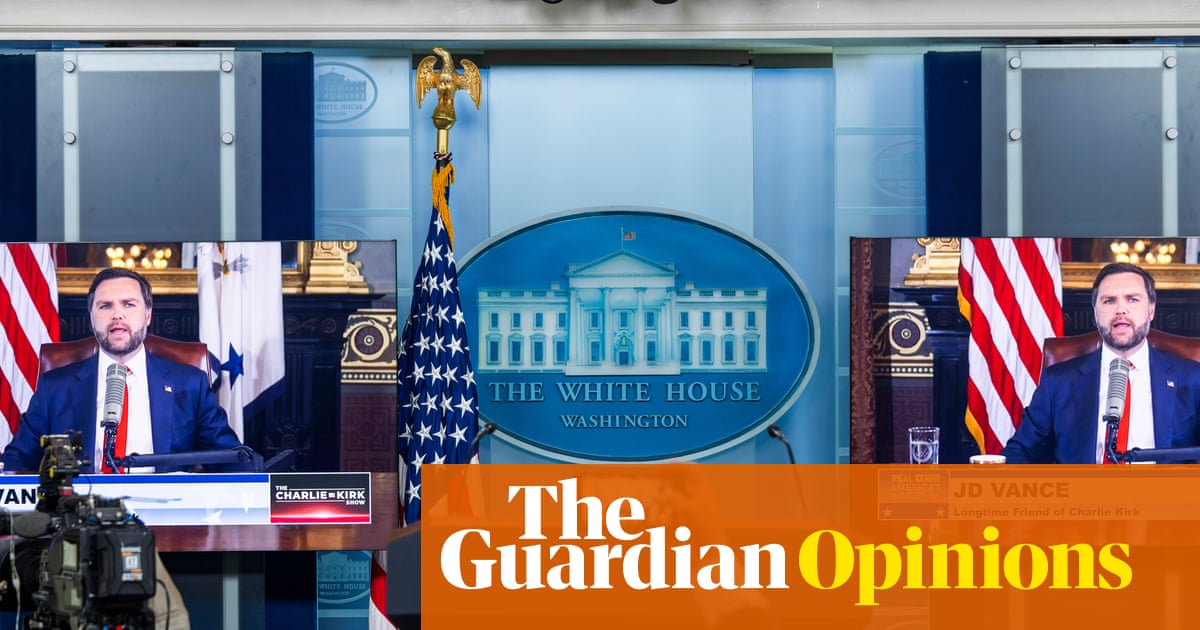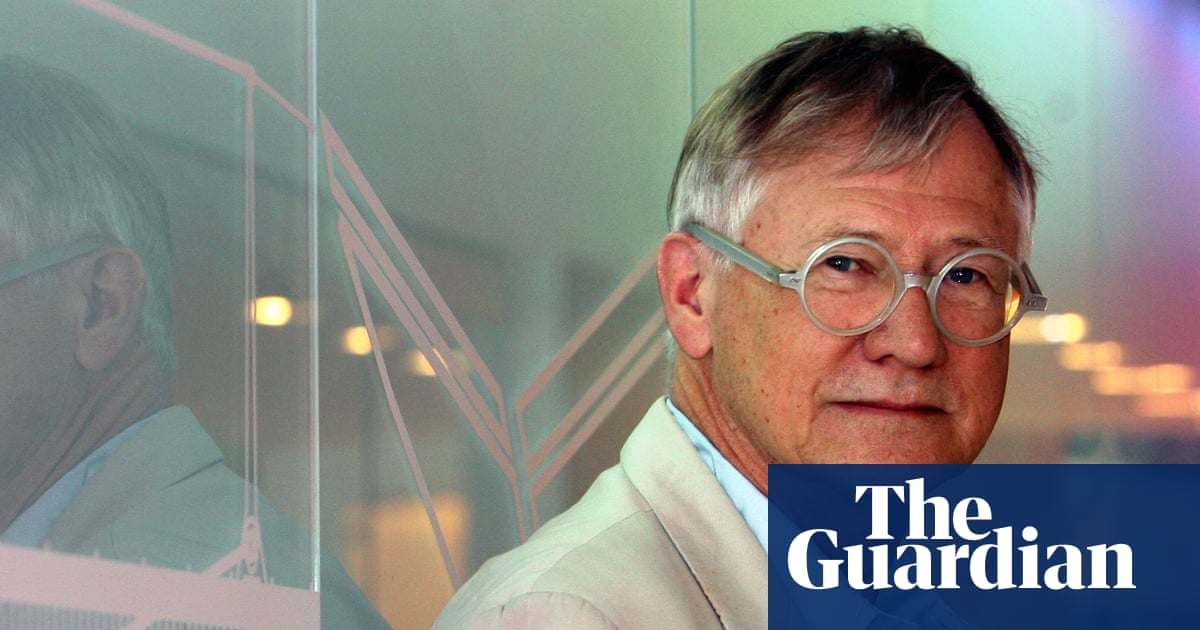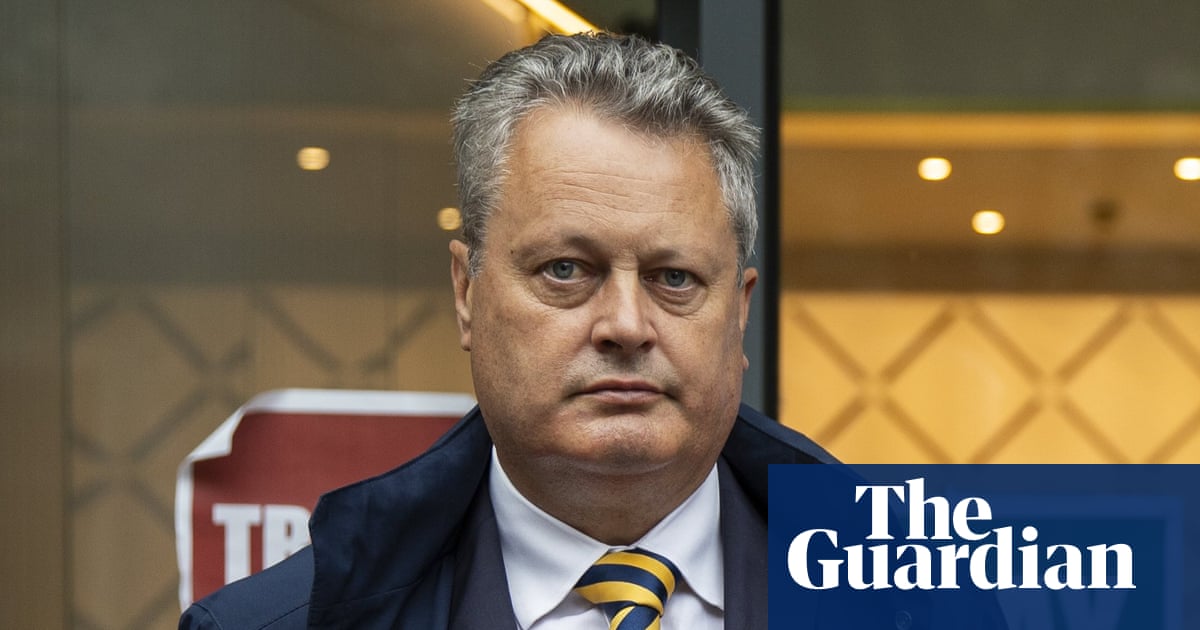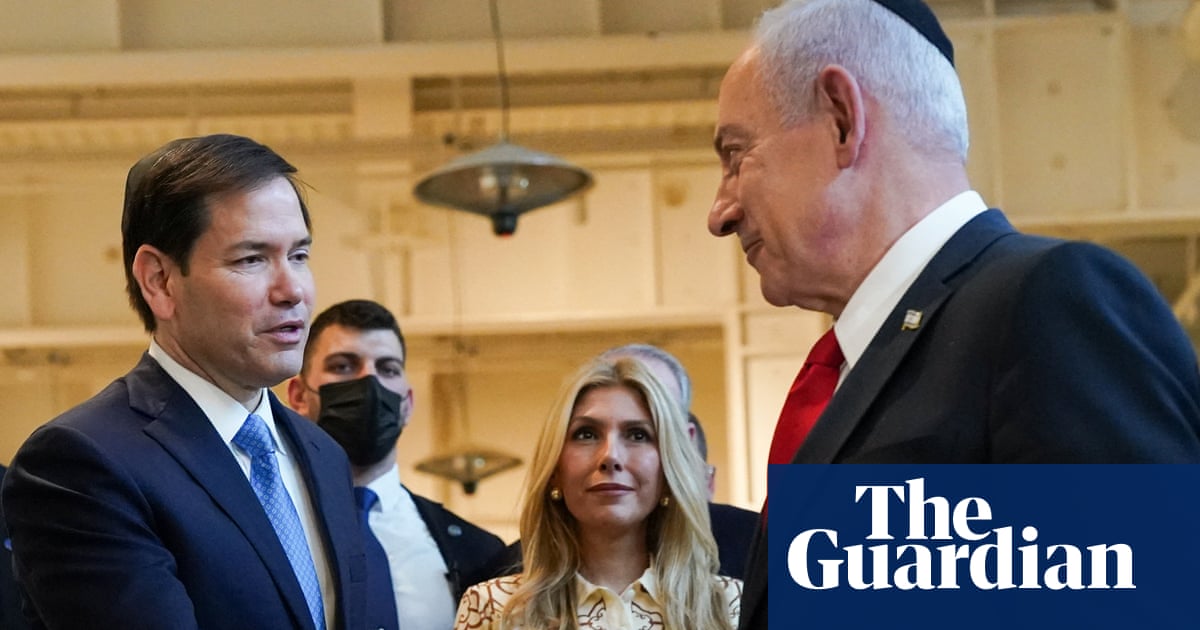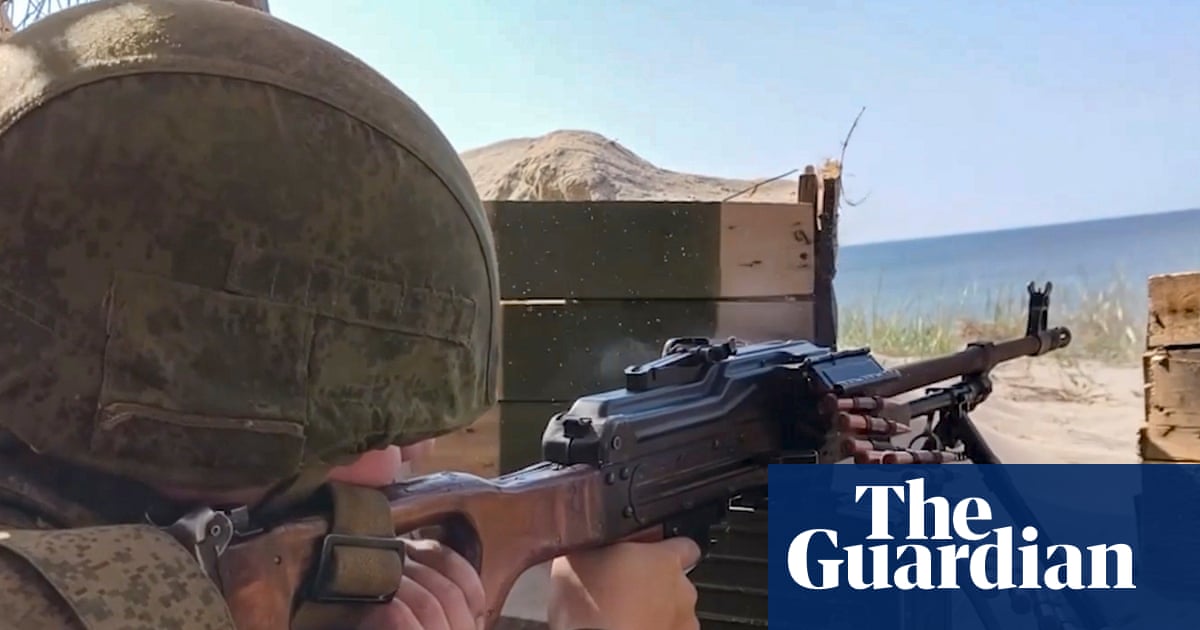Donald Trump’s pledge to end the war in Ukraine on the first day of his second term as US president was a sign of his unsuitability as a peace broker. A clearer sign was his apparent sympathy with Vladimir Putin. Mr Trump’s tone regarding the Russian president has cooled somewhat on the discovery that the conflict cannot be frozen by White House diktat. There are hints of recognition that the peace process is failing because the Kremlin is cynically playing for time. Sadly, any such insight hasn’t evolved into outrage at the criminal aggression that started the war in the first place.
Accounts of a telephone call between the two leaders earlier this week indicate no increase in American pressure on Russia. Mr Trump’s impatience with the whole issue seems likelier to result in him walking away. Mr Putin relishes that prospect.
Ukraine’s European allies have tried to coax Mr Trump into a more pro-Kyiv stance, while making contingency plans for US disengagement. But even on optimistic projections of increased defence spending, Europe is a long way from achieving capacity to provide for its own security. For now, American help is indispensable.
Ukraine’s military has beaten the odds and defied gloomy prognoses before, checked Russian advances and inflicted bruising defeats on their aggressor. But Mr Putin has a grim advantage in numbers. He calculates that time is on his side, that he can keep feeding conscripts into what Russians call the “meat grinder” and, by means of bloody attrition, force Volodymyr Zelenskyy to submit.
Russia’s military resources are finite. And, while Mr Putin has repressed domestic dissent, he cannot indefinitely brush aside the deaths of many tens of thousands of young men. State propaganda celebrations of a war that has achieved none of its declared aims ring hollow.
Mr Putin’s greatest weakness is a brittle economy, geared to perpetual war, that is failing to meet the needs of civilians whose living standards have been degraded by inflation. Russia’s budget is dependent on oil revenues, and the price of crude has fallen recently (partly in response to Mr Trump’s trade-suffocating tariffs). Western sanctions already impose a price cap on Russian oil exports and the EU has proposed lowering it further.
Brussels and the UK this week coordinated a further round of sanctions, including efforts to close the “shadow fleet” loophole that sustains Kremlin oil revenues. Ukraine is urging its European friends to go further still, with secondary sanctions targeting countries that buy from Russia or provide it with technological assistance.
Across the Atlantic, a majority of US senators support the application of firmer economic pressure on Moscow, but Mr Trump prefers emollience and even normalisation of commercial relations.
The US president’s Kremlin-friendly bias has been a consistent obstacle to the defence of Ukraine, but not an entirely immovable one. He doesn’t want to look weak – an aversion that can be mobilised to dissuade him from total appeasement of Mr Putin.
The Russian president might also have less time than he thinks. He projects an image of himself as a master strategist, but the evidence of a hubristically launched and badly run war doesn’t support that analysis. The Kremlin can lie about the grim state of the Russian economy, but can’t hide it for ever. That is a vulnerability which Ukraine’s allies must continue to target with maximum force.
-
Do you have an opinion on the issues raised in this article? If you would like to submit a response of up to 300 words by email to be considered for publication in our letters section, please click here.

.png) 3 months ago
104
3 months ago
104


